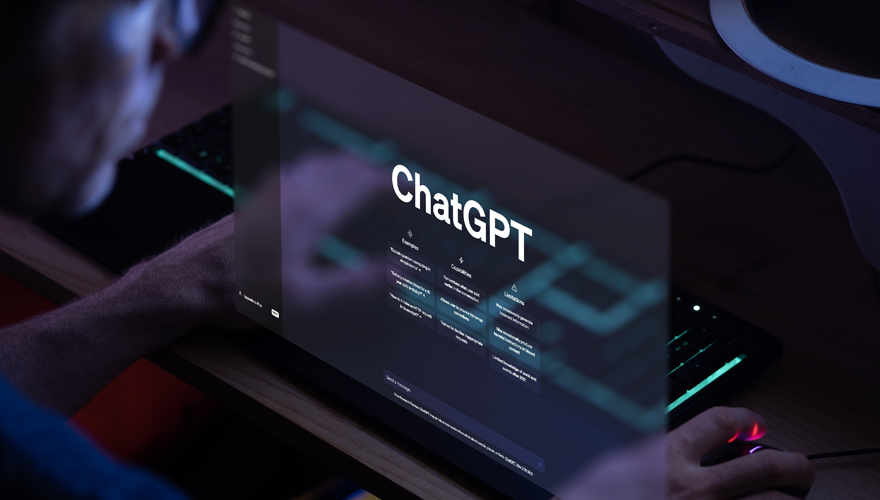Ever since the release of ChatGPT, there has been a lot of discussion about the potential job losses that could result from this advanced chatbot. With its ability to generate AI-generated content and mimic various writing styles, many fear that jobs in fields such as paralegal work and programming may be at risk. However, it’s essential to consider the other side of the coin and explore the jobs that ChatGPT could create.
While concerns about job displacement are valid, ChatGPT’s capabilities go beyond just replacing human workers. It has the potential to augment and enhance various professions. While it can perform mundane tasks like summarizing texts or directing clients, it currently lacks the ability to empathize, imagine, or reason. Real-world nuances and critical thinking are still areas where human professionals excel.
ChatGPT may generate incorrect and biased results at times. Its reliance on internet-sourced data makes it susceptible to misinformation and prejudice. This highlights the need for human oversight and critical evaluation of its output. Companies cannot solely rely on the bot for accurate and unbiased content creation.
However, the evolving technology behind ChatGPT opens up new avenues for employment. Let’s explore some potential job roles that may expand with the rise of ChatGPT
1. Data Labelling
Data labelling is crucial in improving ChatGPT’s performance and ensuring user safety. Workers can categorize and label data to train the AI model. While mundane labelling tasks may provide quick job opportunities within the AI sector, more nuanced labelling could require domain expertise and offer consulting opportunities.
2. Prompt Engineering
Crafting prompts that elicit desired responses from ChatGPT is an essential skill known as prompt engineering. Those proficient in this area can monetize their expertise by creating and selling effective prompts.
3. Ethics, Policy, and Auditing
As AI models like ChatGPT become more prevalent, the need for professionals in AI ethics and bias becomes crucial. Responsible AI research and bias audits are gaining prominence, and companies may hire consultants to ensure ethical and unbiased use of AI technology.
4. Machine-Learning Engineers
With the increasing adoption of generative AI tools, the demand for AI engineers is expected to rise. Troubleshooting and maintaining AI models like ChatGPT, combined with image-generating tools, could require professionals similar to IT administrators.
ChatGPT and similar AI tools have the potential to democratize various industries, allowing individuals with less training to enter fields that were previously inaccessible to them. However, the question of fair compensation for these jobs remains. The impact of ChatGPT on job creation will depend on how society adapts and provides opportunities for those working alongside this evolving technology.
It’s crucial to remember that ChatGPT should be viewed as a tool to enhance productivity rather than a complete replacement for human professionals. Collaboration between humans and AI can lead to more innovative solutions and expanded job possibilities.
As AI continues to advance, the workforce will undergo transformations. It is essential for governments and organizations to invest in preparing the workforce for a digital transformation and to address the challenges and opportunities presented by AI technology.
Ultimately, ChatGPT and similar AI models should be seen as tools to support and augment human capabilities rather than render them obsolete. The future of job creation in the age of AI lies in leveraging these technologies to enhance productivity, while also ensuring responsible and ethical use.
Blog written by ChatGPT, your AI language model companion.



